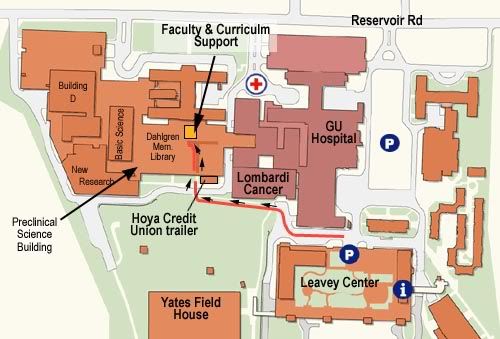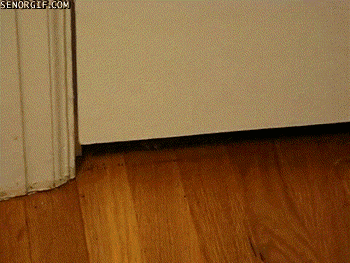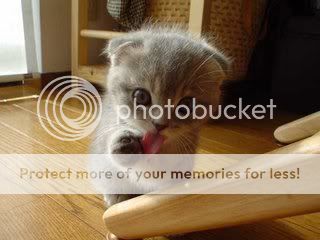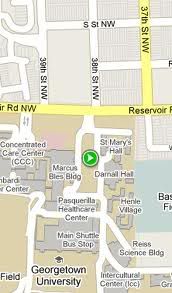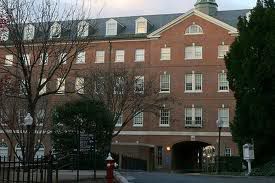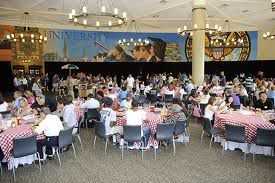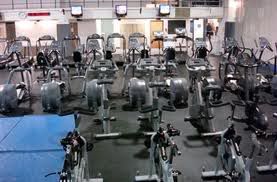More from Hui Min Cao:
Personal Finances @ Gtown!
Hopefully most of you have managed your own money at some post during high school. For
those of you who have not, one of the most important aspects of being independent in college is
managing your own funds. Here is some information pertaining to financial aid resources and
financial literacy.
Financial Aid:
The financial aid office is in the basement of Healy. If you have specific questions about your
financial aid package or how to get financial aid in general, you can always go there. If you
have a general question about the financial aid process like how to apply for loans or fill out
a FAFSA, Peer Counselors at the front desk can answer those questions. These students are
nationally certified to help you with this kind of information. For questions, specific to your
individual financial aid package, it is best to talk to your financial aid counselor. They have
access to your specific information can tell you how much “wiggle room” you have in your
aid. Some students may be able to increase their work-study award or apply for more aid to
cover Georgetown University Health Insurance or Alternative Spring Break trips. Though upper
classmen can tell you their experiences in getting more financial aid, keep in mind that it might
not apply to you depending on your specific situation.
GU Peer Counseling: For those of you who are interested in
the financial aid process and would like to learn more about it
while helping others, apply to be a GU Peer Counselor, by
emailing gupeercounseling@gmail.com.
Peer Counselors support and guide Georgetown University’s
newly-admitted and continuing student population by
assisting them with their financial aid goals, from applying for
aid to understanding their financial aid package, through one-on-one counseling, information
sessions, and in-dorm assistance. It has lower hourly commitments than most other clubs on
campus (1 hour per week) and being nationally certified looks impressive on your resume. It is
also a great way of finding out information relevant to your future financial problems like
financial aid for graduate school, etc.
Personal Finances in College: Common $ense (www.gucommonsense.com)
Georgetown provides free financial literacy workshopsthrough Common $ense. These sessions
cover basic financial literacy details like budgeting, credits, taxes, etc. and are also a great way
to get free food, interact with students, meet interesting business professors, and get awesome
prizes. (I know that they are giving away free Nationals Baseball Tickets at the first session and
having Ledo’s pizza. Not to mention that the business professor who’s presenting is known as
the money guy to some because he throws money into the audience for participating!)
If you have any immediate questions, log on to their website (www.gucommonsense.com) and
learn more. Presentations from previous years are still on the website and there are additional
resources such as interactive online Buttonwood modules and
financial literacy games. Don’t forget to register ASAP for the
first workshop on Wednesday, September 14th at 6:15pm in
McShain Lounge!
(If you ever see $100 bills in red square handing out flyers and
candy, you’ll know a financial literacy meeting is coming
soon…No seriously, those of us to help out with the workshops
have to wear geeky money suits to advertise!)
Here is some general information I found useful Freshmen year.
If you have any outside scholarships it will reduce a
combination of your personal contribution, your loans, and your work-study money. Once all
these resources are depleted, your Georgetown scholarship money will be decreased. Note that
scholarship money will not go toward your parent contribution.
If your financial situation changed dramatically since finishing your FAFSA and CSS file,
contact your counselor. You have to fill out additional forms but there is a chance that they will
over you more financial aid money.
Once tax season rolls around, remember that for the lucky ones who receive more financial aid
money than tuition cost, scholarships are taxable.
For those who are ambitious and plan on getting two jobs with the university, only one of
those jobs can be work study. The other must hire non work-study students. Your work study
department is your primary department and your other job must send weekly override forms to
the first so that you can get paid.
If you have any specific questions and would like to talk to another student, please feel free to
contact me. My net id is hmc42.
